This is the second in my series on tips for tackling Coaching Challenges.
Today I want to talk about a common but very important challenge – coaching the poor communicator. Of course, communication can be written or verbal and many points in this article can apply to both, but the focus today is really on interpersonal verbal communication.
First, we need to help our coachee identify the barriers getting in the way of good communication. Once we understand the reasons for poor communication, we need to help them break down the barriers and start building a path that will lead to clear, open, honest and productive communication.
Let’s start with the definition. We all know what communication is but sometimes I think it is helpful to go back to the basics. So here are a couple of definitions;
- a process by which information is exchanged between individuals through a common system of symbols, signs, or behavior
- the imparting or exchanging of information or news
- means of connection between people or places
There are a few key words in these definitions; exchange and connection. When information is exchanged there must be a balance between giving and receiving. When communication works, there is a connection between the individuals involved. This gives us clues as to where we might focus when working with a poor communicator. Are they able to give and receive information effectively and in doing so make a positive connection? If not, where is the breakdown occurring? What is getting in the way and preventing them from being a good communicator?
Another aspect to consider is the goal of the communication. Common goals of communication are to;
- Inform
- Persuade
- Request
- Build relationships
It can be helpful to unpack this a bit. For example, is the coachee good when the goal is to inform but lacking when it is to persuade or build relationships?
After exploring the process of communication and goals it can helpful to do some discovery around the most common barriers to good communication.
This is one area where your questioning skills really come into play. Use your questioning skills to ask powerful coaching questions that will help you and your coachee identify the barriers that prevent them from communicating in a way that is heard and well received by their audience.
As you work through the process, look for clues to these 7 common barriers.
- Physical
- Perceptual
- Cultural
- Emotional
- Language
- Gender
- Interpersonal
Here’s an example of how you can use your questioning skills to break down the barrier or work through the process. Let’s say you identify that your client has emotional barriers, a common obstacle that gets in the way of open and honest communication.
Emotional barriers often involve fear, mistrust and suspicion. The roots of our emotional mistrust of others can be deep and long-standing. Often developed during childhood and then reinforced throughout our lives. Because of these emotional barriers people hold back from communicating or develop styles that are more closed, filtered and deceitful rather than healthy, open and honest.
Your success in this process will be based on your ability to not only ask excellent questions, but to ask them in a manner that is open, unattached and judgment-free. Asking not only the appropriate question, but in the appropriate way, is very important to the learning, living and communications process, especially for someone who is challenged by emotional barriers.
Here are 7 questions to get you started.
- Are you aware your perspective may be limiting your success?
- Do others feel safe sharing with you?
- When you are unsure of something, how does that affect your communication style?
- Is it easy for you to say what you think?
- How well do you listen to people?
- What one thing stands in your way?
- What can you dump that you won’t miss?
If you’d like more suggestions for questions to help you tackle coaching’s biggest challenges or training to develop your questioning skills, we have three resources for you to check out.
365 Coaching Questions Booklet

